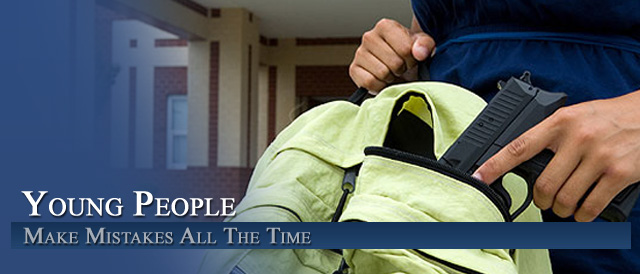
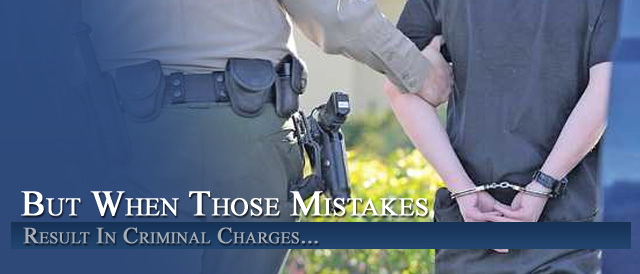
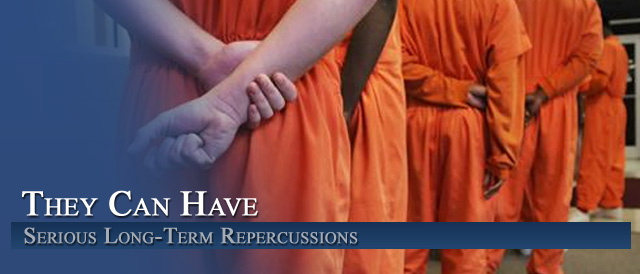
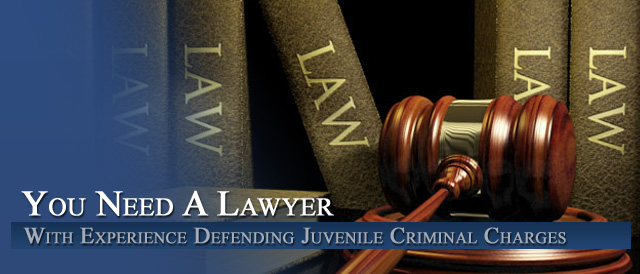
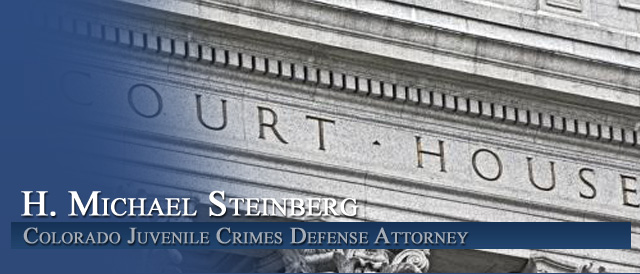
Colorado Criminal Law – Did My Child Just Confess At The School?
By H. Michael Steinberg Colorado Juvenile Crimes Criminal Defense Lawyer
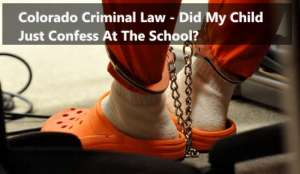
Colorado Criminal Law – Did My Child Just Confess At The School?
Colorado Criminal Law – Did My Child Just Confess At The School? – There are many misconceptions of what can, and cannot happen when an alleged juvenile crime is investigated by a school. This aritlce explores the authority of school officials and the police in the early stages of a Colorado juvenile criminal case.
The Basics – Juveniles Have The Same Rights As Adults
The Fifth Amendment under the United States Constitutions provides:
No person shall be compelled in any criminal case to be a witness against himself. U.S. Const. 5th Amendment. U.S. Const. amends. V, XIV; Colo. Const. art. II, § 18 and 25.
At least two important rights emerge from the Fifth Amendment:
(1) A juvenile’s statement cannot be obtained in violation of the Miranda decision (the statements are not admissible at trial) and,
(2) Even if a juvenile’s statements are obtained without violating Miranda for those statements to be admissible at trial, they must have been made voluntarily.
The Miranda issue has been addressed in many other articles I have written – but to summarize –
If a juvenile makes incriminating statements in response to questioning by the police and heor she is “in custody” those incriminating statements are inadmissible unless the police provide the Miranda warnings and the juvenile must waive those Miranda rights.
That “waiver” of his or her Miranda rights must be made knowingly, voluntarily, and intelligently.
The validity of a Miranda waiver turns on two elements:
(1) whether the waiver was free from governmental coercion, and
(2) whether it was knowingly and intelligently made with full awareness of the right and the consequences of relinquishing it.
A Miranda waiver is considered voluntary unless coercive governmental conduct played a “significant role” in inducing the defendant to make the confession or statement.
The Miranda rule is clear – and is called into play ONLY if a suspect is IN CUSTODY
If the juvenile is not in custody, the Miranda decision does not apply.
In evaluating a juvenile’s waiver of his or her Miranda rights, the Trial Court uses a “totality-of-the-circumstances” analysis. In juvenile cases, a key factor is the age of the juvenile and whether a parent is is present who can (under Section 19-2-511) “provide a juvenile with parental guidance during a custodial interrogation to ensure that any waiver of a juvenile’s constitutional rights will be made knowingly and intelligently.”
Here is the entire law 19-2-511(1) …requiring a parent to be present before a child – who is in custody – can waiver his or her Miranda Rights:
Section 19-2-511(1) states in full:
No statements or admissions of a juvenile made as a result of the custodial interrogation of such juvenile by a law enforcement official concerning delinquent acts alleged to have been committed by the juvenile shall be admissible in evidence against such juvenile unless a parent, guardian, or legal or physical custodian of the juvenile was present at such interrogation and the juvenile and his or her parent, guardian, or legal or physical custodian were advised of the juvenile’s right to remain silent and that any statements made may be used against him or her in a court of law, of his or her right to the presence of an attorney during such interrogation, and of his or her right to have counsel appointed if he or she so requests at the time of the interrogation….
Both The Miranda Waiver Issue And The Determination Of The Voluntariness Of A Juvenile’s Statements To The Authorities – Turn On Whether A Juvenile Was “In Custody”
Before a Trial Court can make a determination of whether a juvenile’s statements are voluntary – the Court reviews “the totality of the circumstances” to determine whether the juvenile was “in custody” for the purposes of analyzing whether there has been a violation of the Miranda case.
The analyses of the Miranda rights issue may – and often does – overlap with the voluntariness issues – as all statements made by a juvenile must be voluntary and not product of police coercion.
Custody then, plays a major role in BOTH phases of investigation by the Court.
Phase I: Was Your Child “In Custody”
To determine if a suspect was in custody, as the Trial Court determines whether:
“…under the totality of the circumstances, a reasonable person in the suspect’s position would consider himself to be deprived of his freedom of action to the degree associated with a formal arrest.”
In performing this inquiry, the Court applies the following primary, factors to the facts. The list is non-exhaustive – meaning the Court can look at other factors and is not limited to this list:
1. the time, place, and purpose of the encounter;
2. the persons present during the interrogation;
3. the words spoken by the officer to the juvenile;
4. the officer’s tone of voice and general demeanor;
5. the length and mood of the interrogation;
6. whether any limitation of movement or other form of restraint was placed on the juvenile during the interrogation;
7. the officer’s response to any questions asked by the juvenile;
8. whether directions were given to the juvenile during the interrogation; and
9. the juvenile’s verbal or nonverbal response to such directions.
Reviewing these key factors assists the Court to determine, whether the juvenile was in custody. After applying these nine factors, the Trial Court either finds – or does not find – that the juvenile was in custody – essentially determining that, in the affirmative case, “a reasonable person in [the juvenile’s] position would have considered himself deprived of his freedom of action to the degree associated with a formal arrest”
In reaching this determination, a juvenile’s age – when determining custody, is “a reality that courts cannot simply ignore.”
So long as the child’s age was known to the officer at the time of police questioning, or would have been objectively apparent to a reasonable officer, its inclusion in the custody analysis is consistent with the objective nature of that test.
A recent case applying these factors found the following circumstances important… that:
1. The interview took place on school grounds rather than at a law enforcement facility,
2. The principal, not the school assigned police officer summoned the juvenile from the school auditorium.
3. Non-law enforcement personnel—including the principal, the assistant principal, and family —were allowed to remain in the office; the presence of extended family and members of the school’s administration belies the formal overtones of a custodial environment.
4. The police officer remained standing and was in uniform while questioning
5. The police officer spoke calmly and in a normal tone of voice, and asked only about what the juvenile knew about the allegations.
6. The police officer did not issue any directions,
7. The police officer never touched the juvenile or attempt to restrict his movements in any way and therefore was never arrested.
8. The juvenile did not ask the police officer any questions—only responding that he did not remember any incidents.
9. The juvenile was told the matter was serious and the entire session lasted a short time (5-10 minutes).
10. Age in this case did not play a significant role as the juvenile was 13, and although he felt intimidated nd scared, that fear did not mean that he was in custody for the purposes of Miranda.
In short, other than the fact that the police officer was in uniform, there was “nothing surrounding the interview of N.A.S. conjures images of the deprivation of freedom associated with a formal arrest.”
Phase II – If The Juvenile Was Not In Custody When Questioned – Was The Confession Otherwise Voluntary?
As noted above, the government may not coerce the defendant into confessing evidence of his guilt; rather, such evidence must be “independently and freely secured.”
If a juvenile can make a minimal showing, known as “prima facie showing,” of involuntariness at a suppression hearing, the prosecution then bears the burden of establishing by a preponderance of the evidence that he in fact made the statements voluntarily.
A similar “totality of the circumstances test” as applied to the custody determination (above) now applies to the voluntariness of a juvenile’s confession or other inculpatory statement.
The Trial Court determines the voluntariness of a statement by considering the totality of the circumstances including the events and occurrences surrounding the statement and the mental condition of the defendant at the time of the inculpatory statements.
The focus of the voluntariness inquiry is whether, under the totality of the circumstances, the behavior of the official was coercive so as to overbear the defendant’s will in making the statements – that is .. whether, under the totality of the circumstances, the police overbore the defendant’s will.
To determine voluntariness, a Trial Court examines whether:
(1) Under the totality of the circumstances, a police officer’s conduct was so “‘coercive as to overbear the defendant’s will.” and, if that finding is made…
(2) In the event that the police officer’s behavior was inappropriately coercive, did the officer’s behavior “play a significant role in inducing the statement[s].'”
When evaluating coercion, the Trial Court applies another non-exhaustive list of factors:
1. whether the defendant was in custody;
2. whether the defendant was free to leave;
3. whether the defendant was aware of the situation;
4. whether the police read Miranda rights to the defendant;
5. whether the defendant understood and waived Miranda rights;
6. whether the defendant had an opportunity to confer with counsel or anyone else prior to or during the interrogation;
7. whether the statement was made during the interrogation or volunteered later;
8. whether the police threatened [the] defendant or promised anything directly or impliedly;
9. the method [or style] of the interrogation;
10. the defendant’s mental and physical condition just prior to the interrogation;
11. the length of the interrogation;
12. the location of the interrogation; and
13. the physical conditions of the location where the interrogation.
If a statement is voluntary, the totality of the circumstances must show that the accused’s statement is the product of his free and unconstrained choice, and is not a result of official coercion, intimidation, or deception.
Colorado Criminal Law – Did My Child Just Confess At The School?
If you found any of the information I have provided on this web page article helpful please click my Plus+1 or the Share buttons for Twitter and Facebook below so that others may also find it.
The reader is admonished that Colorado criminal law, like criminal law in every state and at the Federal level, changes constantly. The article appearing above was accurate at the time it was drafted but it cannot account for changes occurring after it was uploaded.
If, after reading this article, you have questions about your case and would like to consider retaining our law firm, we invite you to contact us at the Steinberg Colorado Criminal Defense Law Firm – 303-627-7777.
Never stop fighting – never stop believing in yourself and your right to due process of law. You will not be alone in court, H. Michael will be at your side every step of the way – advocating for justice and the best possible result in your case. H. Michael Steinberg is passionate about criminal defense. His extensive knowledge and experience of Colorado Criminal Law gives him the edge you need to properly handle your case
 ABOUT THE AUTHOR: H. Michael Steinberg – Email The Author at:
ABOUT THE AUTHOR: H. Michael Steinberg – Email The Author at:
A Denver Colorado Criminal Defense Lawyer – or call his office at 303-627-7777 during business hours – or call his cell if you cannot wait and need his immediate assistance – please call 720-220-2277.
“A good criminal defense lawyer is someone who devotes themselves to their client’s case from beginning to end, always realizing that this case is the most important thing in that client’s life.”
You should be careful to make a responsible choice in selecting a Colorado Criminal Defense Lawyer. We encourage you to “vet” our firm. Over the last 35 plus years – by focusing ONLY on Colorado criminal law – H. Michael has had the necessary time to commit to the task of constantly updating himself on nearly every area of criminal law, to include Colorado criminal law and procedure and trial and courtroom practice.
Putting more than 40 years of Colorado criminal defense experience to work for you.
H. Michael works hard to get his clients the best possible results in and out of the courtroom. He has written, and continues to write, extensively on Colorado criminal law and he hopes this article helps you in some small way – Colorado Criminal Law – Did My Child Just Confess At The School?
Other Articles of Interest:
- Sentencing – Commitment to the Department of Human Services 19-2-909
- Probation – Terms – Release – Revocation 19-2-925
- Colorado Criminal Law – Understanding Searches Of Juveniles In Schools
- Birdseye Statutory View – Colorado Juvenile Criminal System
- Release With Services C.R.S. 19-2-302












